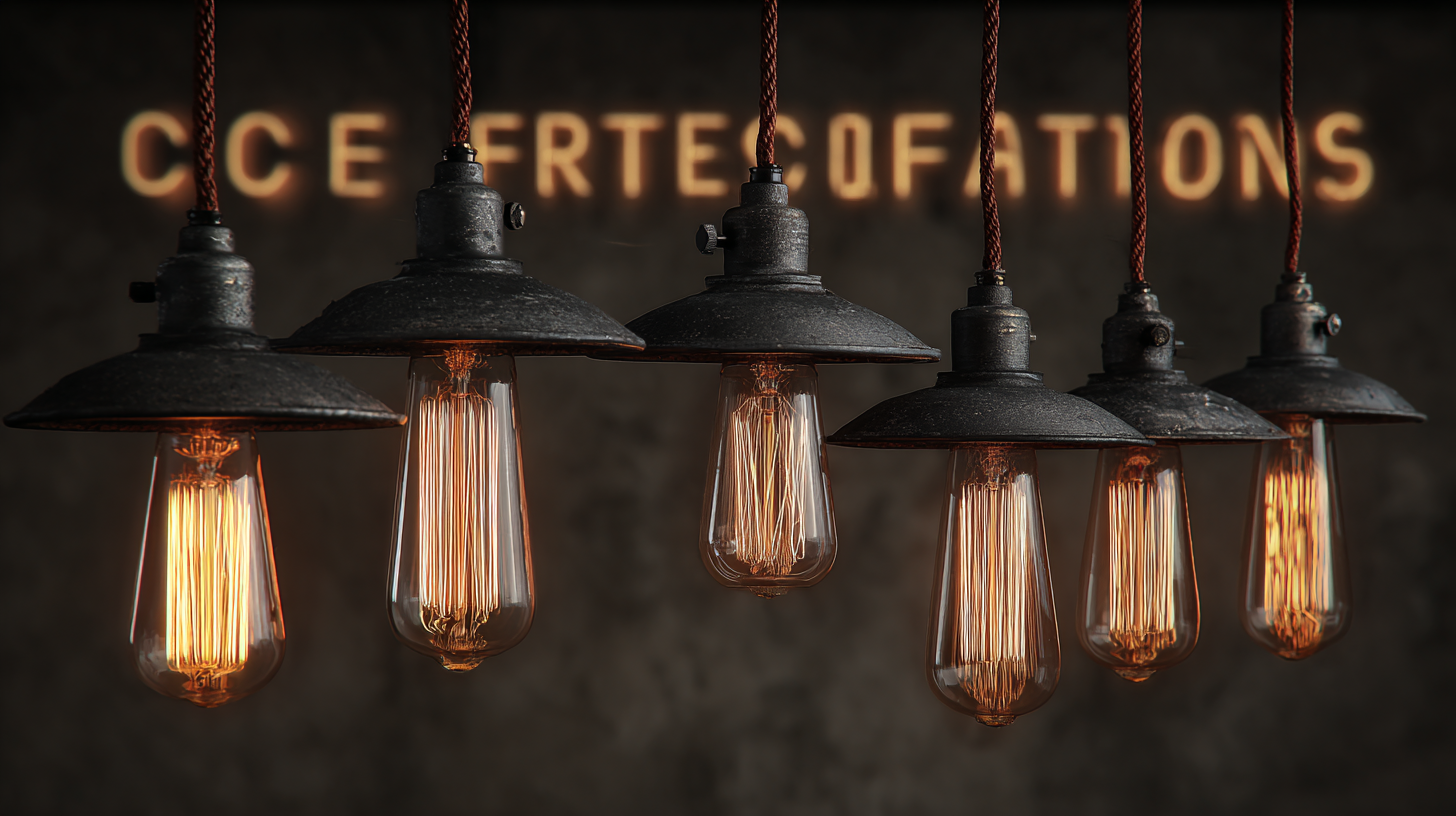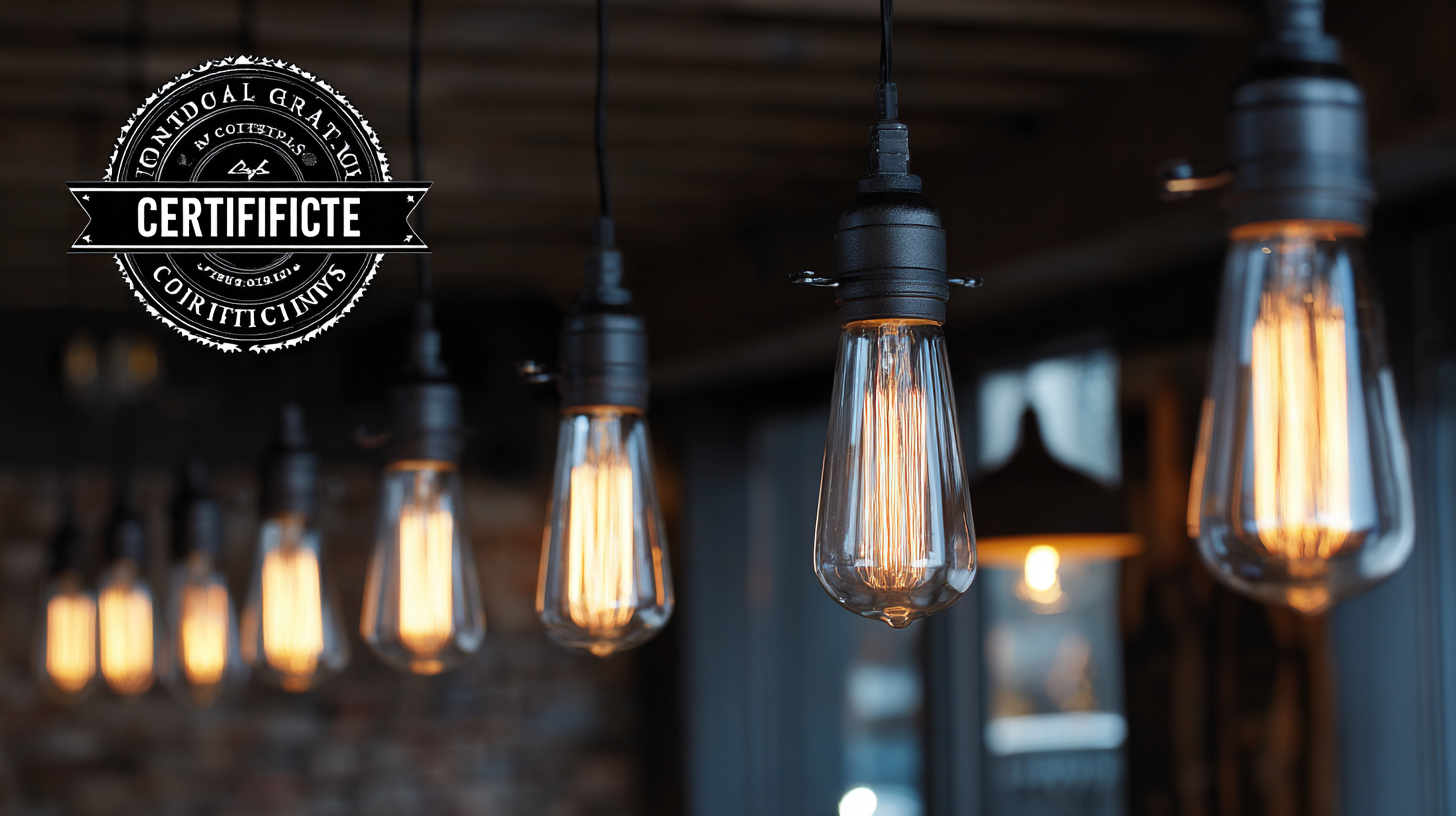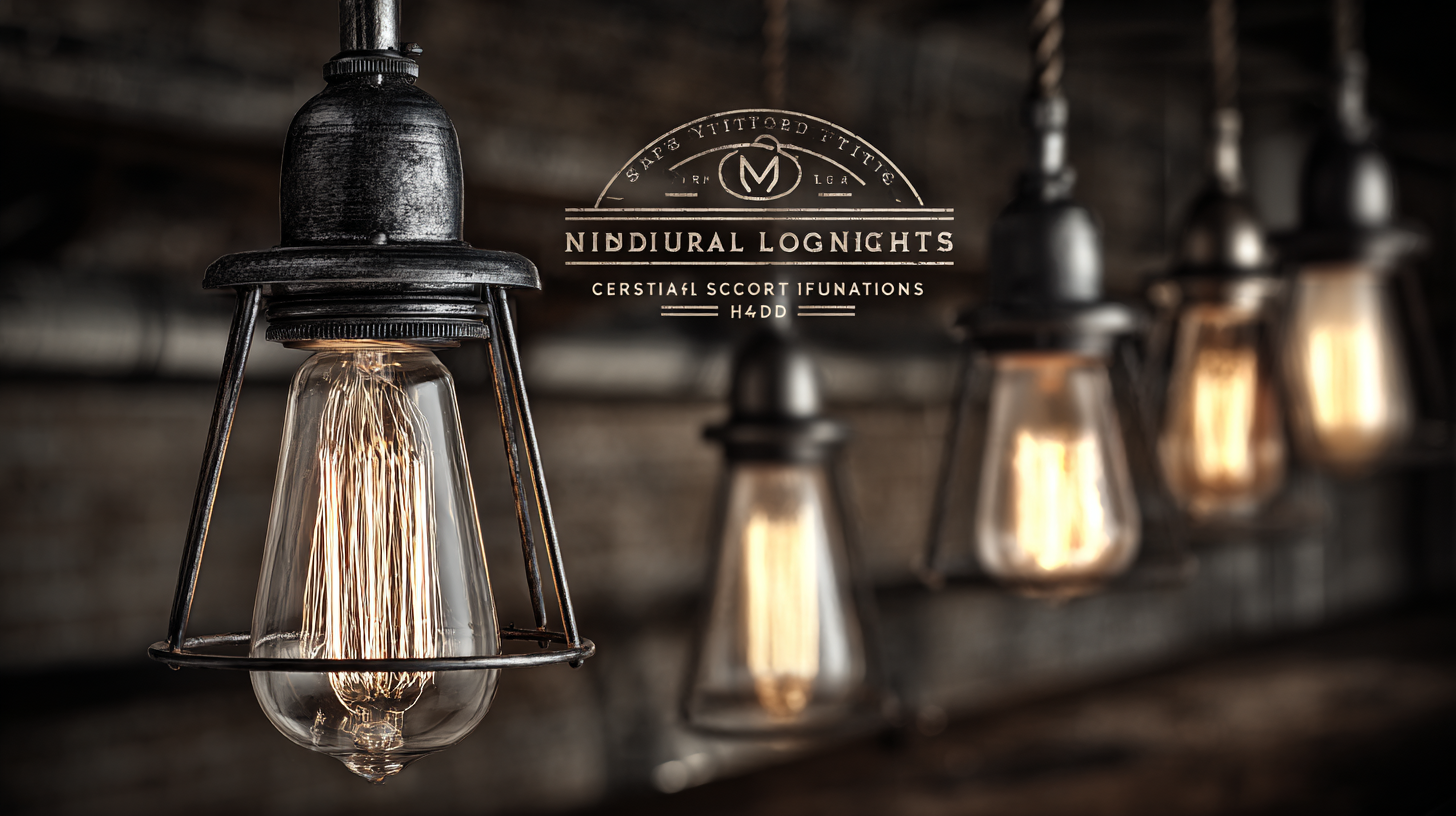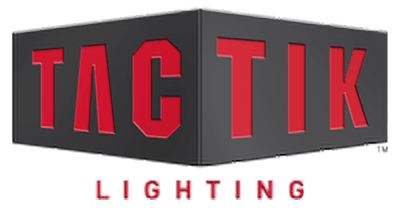Unlocking Success with 7 Essential Certifications for Best Industrial Light Fixtures
In today's competitive landscape, achieving success in the lighting industry hinges on not only quality products but also on the expertise and credentials of those who design and implement industrial lighting solutions. For professionals looking to elevate their careers and improve their standing in the market, obtaining relevant certifications can be a game-changer. This blog will delve into the significance of seven essential certifications that can unlock new opportunities in the realm of industrial light fixtures. By enhancing your knowledge and skills through these certifications, you'll position yourself as a reliable expert, capable of addressing the unique challenges within the industry. Whether you’re starting your career or seeking to advance in your current role, understanding the value these certifications bring is crucial to excelling in the dynamic field of industrial lighting.

Understanding ANSI Standards for Industrial Lighting Certifications
When it comes to industrial lighting, understanding ANSI (American National Standards Institute) standards is crucial for both manufacturers and end users. ANSI standards serve as a framework that defines the performance, safety, and reliability of industrial light fixtures. By adhering to these guidelines, manufacturers can ensure that their products meet national safety requirements and performance metrics, thus reducing the risk of accidents and enhancing overall efficiency. Adopting ANSI standards also helps businesses maintain compliance with regulatory bodies, promoting a safer working environment while fostering trust among customers.
In addition to safety and compliance, ANSI certifications play a vital role in optimizing energy efficiency and sustainability within industrial settings. Certified fixtures are often designed to maximize light output while minimizing energy consumption, aligning with broader corporate social responsibility goals. By investing in ANSI-certified lighting solutions, companies not only improve their operational efficiency but also contribute to environmental conservation efforts. As the demand for high-quality, sustainable lighting grows, understanding these standards becomes even more essential for making informed purchasing decisions that can unlock success in the industrial sector.
Unlocking Success with 7 Essential Certifications for Best Industrial Light Fixtures - Understanding ANSI Standards for Industrial Lighting Certifications
| Certification Name | Governing Body | Standards Covered | Duration | Cost |
|---|---|---|---|---|
| UL 1598 | Underwriters Laboratories | Safety for Luminaries | Varies | $1,000 - $5,000 |
| IEC 60598 | International Electrotechnical Commission | Luminaires Safety and Performance | Varies | $1,200 - $4,000 |
| ANSI C78.377 | American National Standards Institute | Measures Effectiveness of LED Fixtures | N/A | $800 - $1,500 |
| ISO 9001 | International Organization for Standardization | Quality Management Systems | 1 Year | $3,000 - $6,000 |
| ETL Listed | Intertek | General Product Safety | Varies | $1,500 - $3,000 |
| CSA C22.2 | Canadian Standards Association | Safety for Electrical Products | Varies | $1,200 - $4,000 |
| RoHS Compliance | European Union Standards | Restriction of Hazardous Substances | N/A | $500 - $1,000 |
The Role of Energy Efficiency Ratings in Selecting Light Fixtures
When selecting industrial light fixtures, energy efficiency ratings play a crucial role in ensuring optimal performance and sustainability. These ratings, often represented by standards like ENERGY STAR or the Lighting Facts label, provide valuable insights into how much electricity a light fixture consumes relative to its output. By prioritizing fixtures with high energy efficiency ratings, businesses not only reduce their operational costs but also contribute to reducing their overall carbon footprint.
Furthermore, energy-efficient lighting solutions often incorporate advanced technologies such as LED and smart sensors, which enhance functionality while minimizing energy waste. For instance, LEDs can provide significant energy savings compared to traditional lighting options, lasting longer and requiring less frequent replacement. This longevity not only translates to lower maintenance costs but also contributes positively to workplace productivity by ensuring consistent lighting quality.
As industries increasingly focus on sustainability, understanding and leveraging energy efficiency ratings will be key to making informed lighting decisions that align with both environmental goals and economic benefits.
Key Specifications: Lumen Output and Lumens Per Watt in Industrial Lighting
In the world of industrial lighting, understanding key specifications like lumen output and lumens per watt is essential for making informed decisions. Recent developments have showcased remarkable advancements in LED technology. For instance, a California-based company recently demonstrated a silicon substrate LED capable of producing an impressive 135 lumens per watt. This level of efficiency surpasses that of traditional fluorescent options, which are increasingly being challenged by LED alternatives. An LED T8 tubelight, designed to replace a standard 32W fluorescent, consumes only 15W while delivering considerably more light, showcasing the superiority of LED systems in both performance and energy efficiency.
Moreover, innovations continue to emerge, with one manufacturer reportedly achieving an extraordinary 220 lumens per watt in their new mid-power LED package. Such advancements not only enhance the brightness of industrial spaces but also contribute to significant energy savings, making LEDs more sustainable. As businesses look to upgrade their lighting solutions, the emphasis on lumen output and lumens per watt continues to guide the best choices for industrial light fixtures, reinforcing the transition away from conventional lighting technologies toward high-efficacy LED systems.

Exploring the Importance of IP Ratings for Durability in Harsh Environments
In the demanding landscape of industrial environments, the durability and reliability of light fixtures play a pivotal role in operational success. One crucial aspect to consider is the ingress protection (IP) rating, which indicates the degree of protection provided against dust, moisture, and other environmental factors. High IP ratings signify that a fixture can withstand harsh conditions, making them essential for facilities that face dust, dirt, or exposure to water. Selecting the right IP-rated fixtures can significantly minimize maintenance costs and downtime, ultimately contributing to a safer working environment.
Tip: When choosing light fixtures, always check the IP rating against the specific environmental challenges faced in your facility. For areas exposed to moisture, such as outdoor locations or near washdown areas, opt for fixtures with a minimum IP65 rating. Similarly, for dusty or abrasive environments, consider fixtures rated IP66 or higher to ensure prolonged performance.
In addition to IP ratings, it's also important to evaluate the temperature ratings of industrial light fixtures, particularly in environments with extreme temperatures. Light sources that can operate effectively within a wide temperature range will not only enhance visibility but also prevent failure due to thermal stress.
Tip: Always review the manufacturer’s specifications for temperature ratings and ensure they align with the operational conditions of your workspace, especially in environments subject to rapid temperature changes. This will guarantee a longer lifespan for your lighting systems.
Leveraging UL Certification for Safety Assurance in Industrial Lighting Solutions
When it comes to industrial lighting solutions, safety is paramount, and UL certification plays a crucial role in ensuring that light fixtures meet stringent safety standards. UL, or Underwriters Laboratories, is a global organization recognized for its rigorous testing and certification processes. A UL certified light fixture guarantees that the product has undergone extensive evaluation to verify its performance under various conditions, minimizing risks related to electrical hazards, fire, and overall operational safety.
Investing in UL certified industrial light fixtures not only protects the workforce but also enhances the company's credibility. By leveraging UL certification, businesses demonstrate their commitment to safety and quality, which can be pivotal in attracting clients and maintaining compliance with industry regulations. Additionally, UL certification can simplify the purchasing process, as it reassures stakeholders that the lighting solutions provided are reliable and efficient, ultimately paving the way for successful operations in demanding environments.

